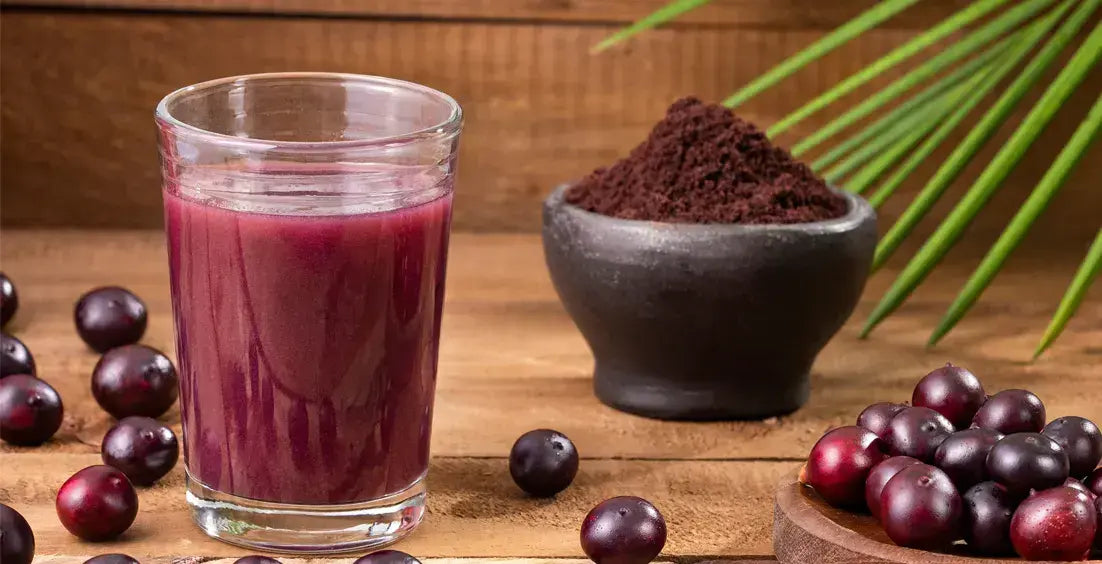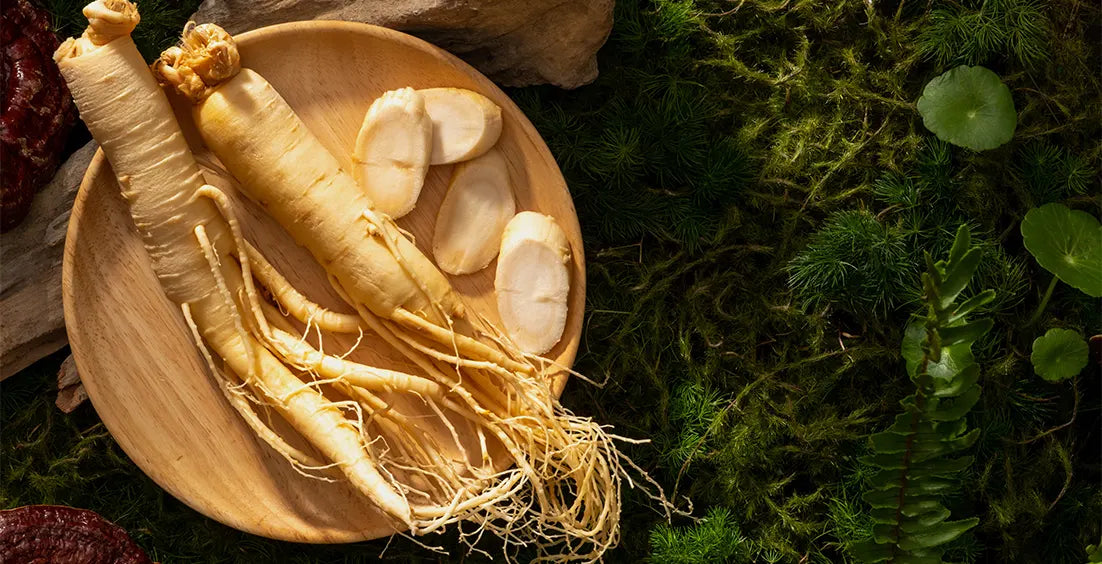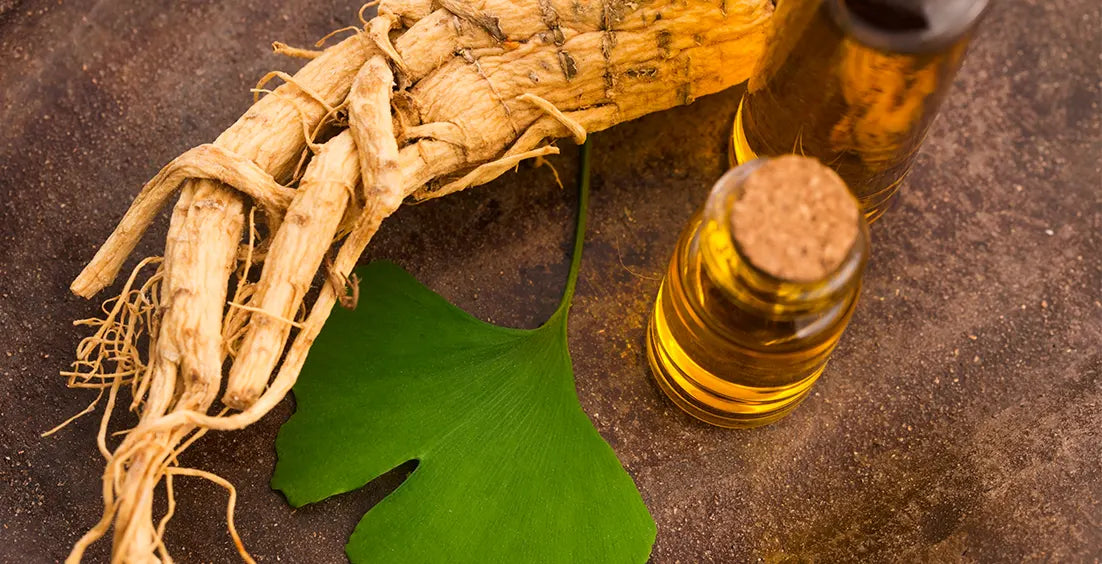When Is The Best Time To Take Ashwagandha?
Find out the ideal timing for taking Ashwagandha to maximize its stress-reducing and sleep-promoting benefits with expert suggestions here.

Popular Stories
- Best Liquid B12 Supplement: Find out its Dosage & Health Benefits
- Best BCAA Supplements for Fat Loss and Muscle Retention
- Best Maca Root Supplement For Men’s Health, Hormones, & Well-Being
- Best Acai Berry Supplements: The Ultimate Buying Guide
- Spirulina Benefits for Women: Superfood for Skin & Hormones
- Best Foods for Weight Loss: Healthy Meal Options to Try
References
- https://pubmed.ncbi.nlm.nih.gov/23439798/
- https://pubmed.ncbi.nlm.nih.gov/37832082/
- https://reviews.webmd.com/vitamins-supplements/ingredientreview-953-ashwagandha?conditionid=&sortval=1&page=4&next_page=true
- https://reviews.webmd.com/vitamins-supplements/ingredientreview-953-ashwagandha?conditionid=&sortval=1&page=4&next_page=true
- https://www.goodhousekeeping.com/health/a46000776/when-to-take-ashwagandha/
- https://www.yahoo.com/lifestyle/tossing-turning-night-ashwagandha-ancient-180555247.html


 Skin Detoxification Bundle
Skin Detoxification Bundle Complete Weight Loss Bundle
Complete Weight Loss Bundle Heart Care Bundle
Heart Care Bundle Better Immunity Bundle
Better Immunity Bundle  Men's Immunity & Prostate Health Bundle
Men's Immunity & Prostate Health Bundle Stress + Energy + Wellness Combo
Stress + Energy + Wellness Combo  Energy Booster Combo
Energy Booster Combo Natural Skin Care Bundle
Natural Skin Care Bundle Workout Supplements Combo
Workout Supplements Combo Cognitive Health & Vision Combo
Cognitive Health & Vision Combo Joint Health Support Combo
Joint Health Support Combo


































